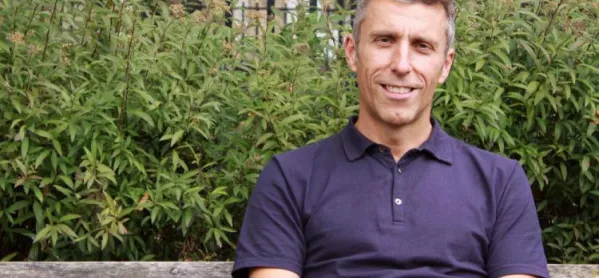Where to begin in response to what is proving to be one of the most unpredictable and unlikely years - Leicester City, England’s Rugby Union team, the Euro football exit to Iceland and the progress of Wales, the EU referendum, Conservative and Labour leadership turmoil…The list goes on.
At the Learning and Work Institute, we were focusing our efforts on things like the government’s commitment to halving the disability employment gap and to full employment, the new apprenticeship levy and the progress and opportunities offered through devolution. All these concerns were keeping us busy as we used our experience and evidence to influence policies and help to improve delivery to support everyone to realise their ambitions and talents.
The need for this work is even greater now than it was as we start the exit from the EU. And we must make it clear to the government that these reform programmes and new policies must not get sidelined because of the distractions of the EU exit negotiations - employment, skills, learning and people’s opportunities in life are too important to be left in the doldrums.
Reflection and positive action
In the days since the EU vote one thing has become clearer than ever; many people in the UK feel that they are not getting the support they need to improve their chances in life. They feel disempowered, overlooked and perhaps overwhelmed by their perception of immigration; over the coming months more reflection on why so many voted to leave is needed to truly understand the state of our country.
A sober debate is needed on how we address the root causes behind the EU vote and we have the time and space to do it over the coming months. I hope that we take that time to step back and think through fundamentally how things could be better. That thinking has to include a more fundamental questioning of the current welfare system, reconsidering how the contributory principle really works for those in low pay as well as those out of work. We have to think about what more progressive and fundamental devolution would look like and through that how we can better integrate support and services for every citizen at different stages of life. With the end of the European Social Fund, we must seize the opportunity to repurpose national funding with local services across employment, skills and health.
It is almost impossible to predict how things will pan out over the coming months in this year of surprises. Our job is to seize the moment, because as the tectonic economic and political plates move, we will be able to use our experience and evidence to find better solutions to inequality, poverty, unemployment and economic stagnation.
FE SPECIAL OFFER: click here to try out a TES Further Education subscription for just £1 for four weeks.
Want to keep up with the latest education news and opinion? Follow TES FE News on Twitter, like us on Facebook and follow us on LinkedIn




